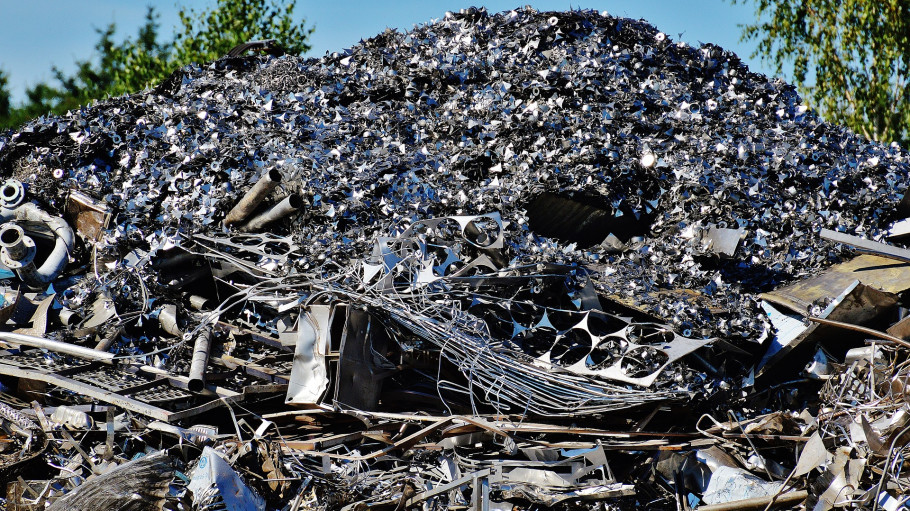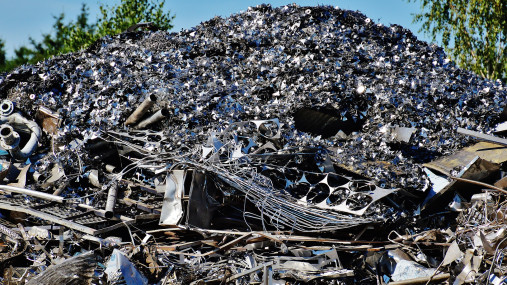
Publications » Position papers » Contribution of the waste shipment regulation to EU ambitions on circularity and climate
Contribution of the waste shipment regulation to EU ambitions on circularity and climate
Downloads and links
Recent updates

The release of the Communications by the European Commission on the EU Green Deal and the New Circular Economy shed a new light on how the EU can achieve its goals towards resource efficiency and climate. The EU Green Deal mentioned that “EU should stop exporting its waste outside of the EU and will therefore revisit the rules on waste shipments and illegal exports”.
The Communication also stressed that the access to resources is also a strategic security question for Europe’s ambition to deliver the Green Deal. More precisely, the EU Green Deal pointed out that ensuring the supply of sustainable raw materials necessary for clean technologies, by diversifying supply from both primary and secondary sources, is one of the pre-requisites to make the green transition (even more in the COVID-19 context) happening.
Moreover, the New Circular Economy Action plan aims at these objectives in particular via thefollowing two actions: (1) creating a wellfunctioning EU market for secondary raw materials; (2) addressing waste exports – which are losses of resources and economic opportunities for the recycling industry in the EU through the review of the Waste Shipment Regulation aiming at restricting exports of waste that can be treated domestically within the EU.

Download this publication or visit associated links
A milestone occasion to quickly and effectively restore affordable electricity, to relaunch the
decarbonization and strengthen the international competitiveness of the European steel
industry.
Brussels, 02 December 2025 – Unchanged negative conditions – U.S. tariffs and trade disruptions, economic and geopolitical tensions, protracted weak demand and still high energy prices – continue to weigh on the European steel market. EUROFER’s latest Economic and Steel Market Outlook confirms for 2025 another recession in both apparent steel consumption (-0.2%, unchanged) and steel-using sectors (-0.5%, revised from -0.7%). A potential recovery is expected only in 2026 for the Steel Weighted Industrial Production index (SWIP) (+1.8%, stable) and for apparent steel consumption (+3%, slightly revised from +3.1%) – although consumption volumes would still remain well below pre-pandemic levels. Steel imports retained historically high shares (27%), while exports plummeted (-9%) in the first eight months of 2025.
Fourth quarter 2025 report. Data up to, and including, second quarter 2025